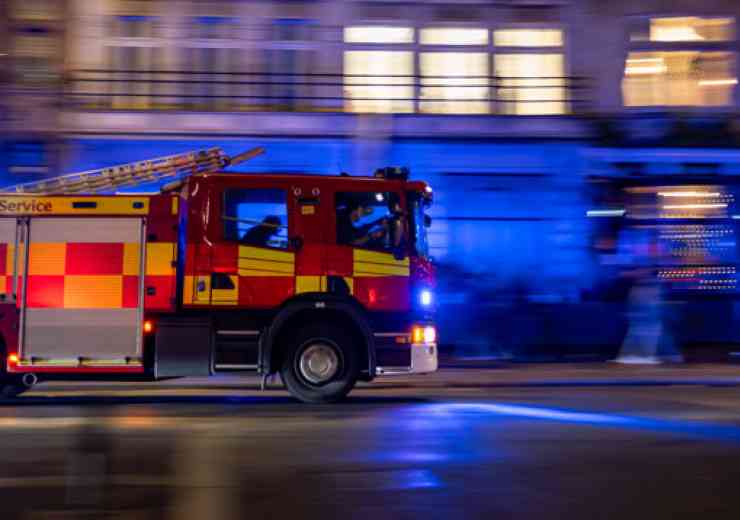Schools should teach about dangers of far right extremism
A large majority of people agree that schools should teach students about the dangers of far right extremism, according to polling from HOPE not hate campaign group.
Released to mark the launch of a Deradicalisation Unit, which seeks to provide specialist support to children at risk of becoming radicalised by the far right, the polling highlights public concern for an issue that has been rapidly growing – to date, there have been 70 terrorism-related convictions of far right activists since 2017, and young people under the age of 24 now account for nearly 60 per cent of extreme right wing terror arrests.
HOPE not hate has launched the Deradicalisation Unit after years of reports from teaching staff coming across students who needed specialised support. In a digital age where access to extremist content is easier than ever before, there are currently little to no options for specialist intervention aimed at supporting young people on the brink of radicalisation.
The polling also found that the majority of people in Great Britain (74 per cent) agree that young people at school should learn about racism and discrimination as part of their curriculum, while nearly two thirds (62 per cent) think that the risk of people becoming radicalised by political extremists is greater than it was 10 years ago.
A majority (68 per cent) are worried by the amount of extremist content on social media.
Owen Jones, Director of Education and Deradicalisation at HOPE not hate, said: “For far too long, far right radicalisation has been an issue that has not gotten the attention it deserves. While there are a number of small number of projects working with those at risk of far-right radicalisation, and the government has its safeguarding programme, Prevent, few have access to the cutting-edge research HOPE not hate employs, nor a detailed understanding of the fast-moving online ecosphere and ideologies in which vulnerable youth can all-too easily become embroiled.
“That’s where HOPE not hate comes in. The government’s approach to tackling extremism is too focused on identifying and reporting pupils thought to be at risk of radicalisation, rather than teaching pupils how to reject and discuss hateful views and ideologies. We think it’s important to be able to take a holistic approach which looks sensitively at what a young person at risk of radicalisation is going through, stepping in before they require more drastic intervention.”






















